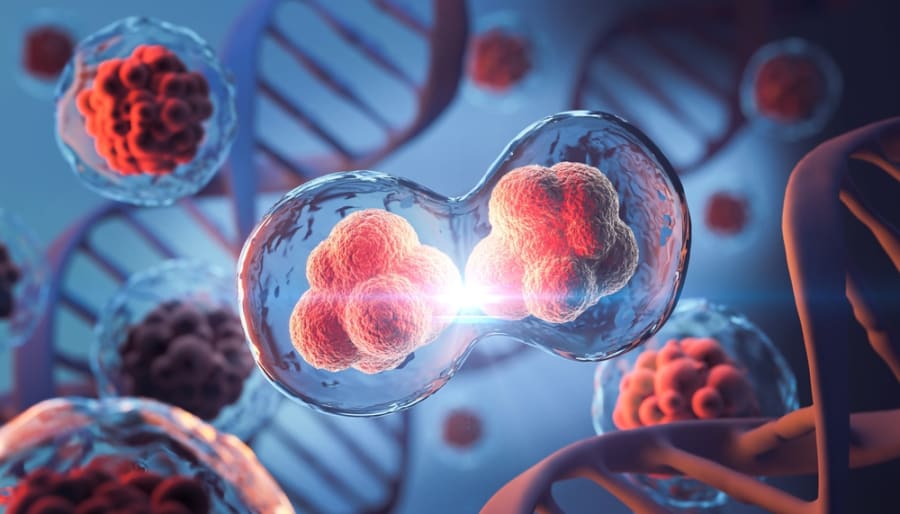Israeli researchers successfully create complete models of human embryos from stem cells

Israeli researchers from the Weizmann Institute of Science near Tel Aviv have succeeded in creating complete models of human embryos from stem cells that grew outside the womb up to day 14.
Because these models were produced without an egg or sperm, the research constitutes a potentially significant scientific breakthrough in research dealing with infertility.
Stem Cell Biology Prof. Jacob Hanna, who headed the research, believes the models offer important knowledge concerning the early stage of an embryo.
“The drama is in the first month; the remaining eight months of pregnancy are mainly lots of growth,” Hanna said.
The professor emphasized that there is currently a limited amount of knowledge about the early stages of embryonic development.
“But that first month is still largely a black box. Our stem cell–derived human embryo model offers an ethical and accessible way of peering into this box. It closely mimics the development of a real human embryo, particularly the emergence of its exquisitely fine architecture,” assessed Hanna.
“Many failures of pregnancy occur in the first few weeks, often before the woman even knows she’s pregnant,” Hanna noted.
“That’s also when many birth defects originate, even though they tend to be discovered much later. Our models can be used to reveal the biochemical and mechanical signals that ensure proper development at this early stage, and the ways in which that development can go wrong,” he explained.
Israel is a tiny Jewish state that contributes disproportionately to global medical research. In August, Israeli researchers from Ariel University announced a potentially groundbreaking study to diagnose and treat breast cancer with the use of nanotechnology.

The All Israel News Staff is a team of journalists in Israel.














